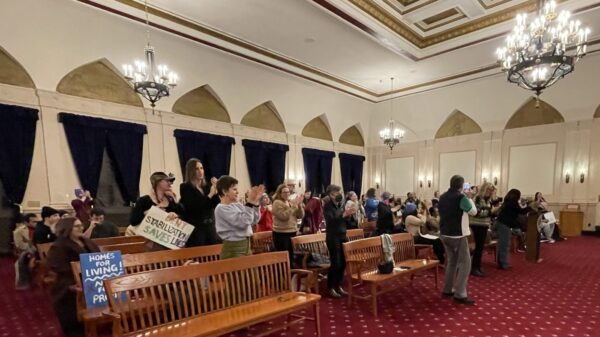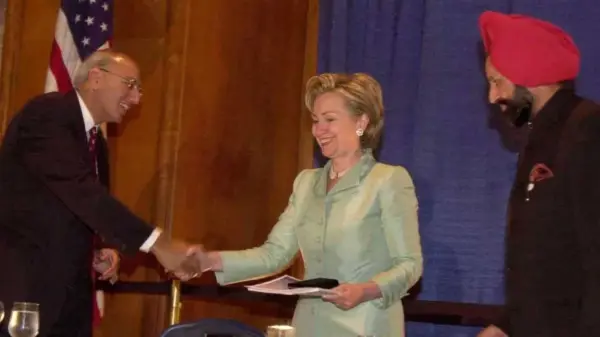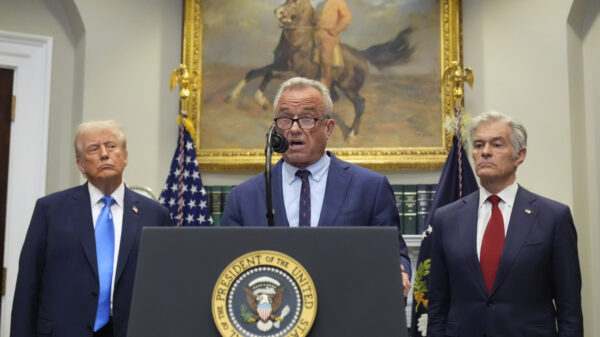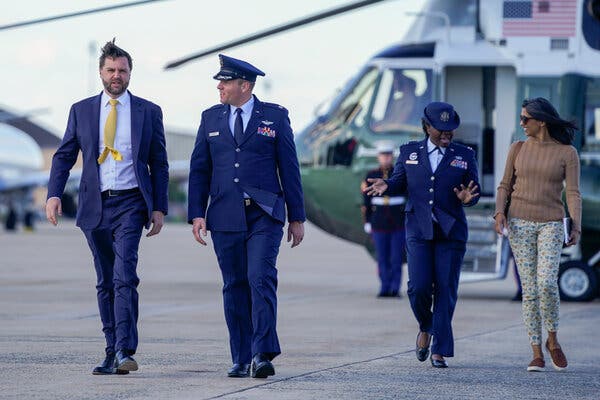Vice President JD Vance is set to arrive in Israel on the morning of October 17, 2023, for critical discussions with Israeli leaders. This visit comes as the Trump administration aims to reinforce a fragile cease-fire agreement established earlier this month between Israel and Hamas. The cease-fire, which marks a significant step in the ongoing conflict, was brokered following a plan laid out by President Donald Trump.
On October 13, Hamas released 20 Israeli hostages, while in return, Israel freed nearly 2,000 Palestinian prisoners. Despite this progress, tensions remain high. The cease-fire is already under pressure as Vance begins his visit, which will extend until October 19. Recent violence in the southern Gaza city of Rafah escalated when Palestinian militants opened fire on Israeli soldiers, resulting in the deaths of two individuals. Israel responded with airstrikes that reportedly killed 45 Palestinians, according to health officials in Gaza. Analysts caution that the cease-fire may face further tests in the coming days.
Security and Diplomatic Discussions Ahead
In a speech to the Knesset, Israel’s Parliament, Prime Minister Benjamin Netanyahu indicated that his discussions with Vance would focus on “security challenges and diplomatic opportunities.” He expressed confidence in overcoming current challenges and seizing potential opportunities for peace. Vance will be joined by Steve Witkoff, a senior advisor, and Jared Kushner, Trump’s son-in-law and former Middle East envoy, both of whom have been in Israel to help monitor the cease-fire and support negotiations.
The U.S. administration, alongside Egyptian, Qatari, and Turkish mediators, hopes to leverage the cease-fire to pave the way for a more ambitious postwar vision for Gaza. This includes the disarmament of Hamas fighters, the establishment of an international security force, and ultimately, the transition to an independent Palestinian administration. However, Hamas has voiced strong opposition to disarming its fighters, complicating the diplomatic landscape.
Challenges to Cease-Fire Implementation
Both parties have yet to fulfill significant components of the initial cease-fire agreement. Notably, the return of the bodies of 15 hostages, which Hamas is obligated to deliver under the deal, remains pending. Hamas officials have stated that the devastation caused by two years of conflict has hindered their ability to recover the bodies. Israeli leaders, including Netanyahu, have accused Hamas of violating the cease-fire by failing to return the remains promptly.
In response to these accusations, Israel has kept the Rafah crossing between Gaza and Egypt closed until further notice. The cease-fire agreement stipulates that this crossing should be opened for civilians, allowing them to enter and leave Gaza for the first time in months. As discussions continue, the situation remains fluid, and the effectiveness of the cease-fire will be closely monitored by both regional and international observers.








































































